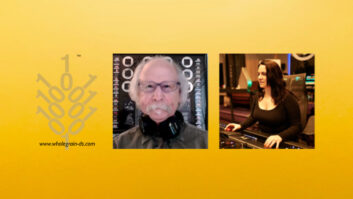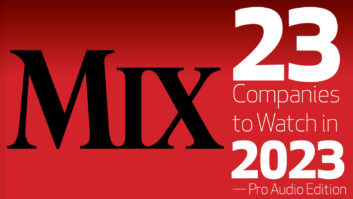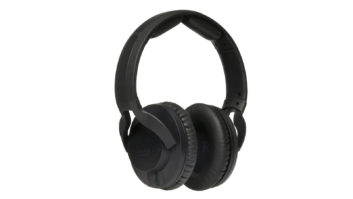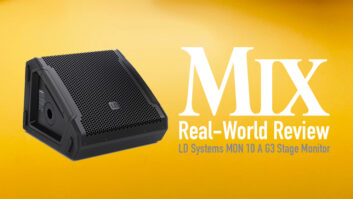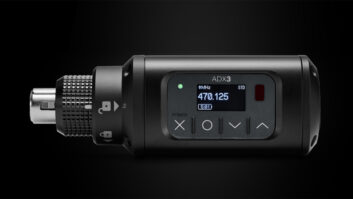LOS ANGELES (Reuters) — It falls far short of Star Warscreator George Lucas’ hopes, but the Force–the force behind digitalcinema, that is–is still with them.
The Boeing Co.’s Boeing Digital Cinema unit said it expects to have23 digital cinema systems running in theaters around the country by May16, giving the high-tech method of distributing and showing movies amuch-needed lift.
Frank Stirling, executive director of Boeing Digital Systems, saidhe expects to have as many as 40 systems in theaters by the summer’send and possibly 100 by year’s end.
The 23 all-digital theaters are in cities ranging from Seattle toBoston and Wichita, Kan., Stirling said.
The number is far short of the some 2,000 Lucas hoped for threeyears ago when Star Wars: Episode I–The Phantom Menace debutedin theaters loaded with digital effects.
Attack of the Clones was made digitally, which holds thepromise of sharper pictures and better special effects for audienceseach time a movie is played.
But digital cinema has been slow to take hold with theater ownersdue to cost and technology issues. Hollywood’s studios, too, areconcerned about digital pirates who could steal perfect copies ofmovies from satellite uplinks, the Internet or DVDs, thereby reducingfilm profits.
Boeing Digital Cinema, however, believes it has many of thoseproblems worked out, and since early March, it has been contractingwith theater owners and Hollywood’s studios at a rapid rate to deploysystems, Stirling said.
“At first, there was great interest and no commitment until (thisyear’s) ShoWest, when (Clones producer) Rick McCallum showed hispackage of Star Wars content. Then something very interestinghappened. The next day, theater owners began calling us, and we begannegotiating,” said Stirling.
PIRATE-PROOF?
ShoWest is the movie theater owners largest convention of the year,where vendors sell everything from popcorn to projectors to theaterowners. In recent years, much of ShoWest has centered on theanticipated rollout of digital cinema.
Theater owners, however, largely rejected the idea because theydidn’t want to pay the estimated cost of one system, which is as highas $150,000 for an advanced projector, computer servers and satellitedishes or high-speed wiring.
Owners went on a spending spree in the 1990s to upgrade theaters,which led to many bankruptcies in 1999 and 2000. But by 2001, theindustry had returned to moderate health.
Stirling declined to give pricing details on a Boeing system becauseeach owner has different specifications.
He said, however, that some Hollywood studios–he did not namenames–have agreed to pay a digital distribution fee to Boeing to helpoffset installation costs.
That helped solve one major issue of theater owners who argued thestudios should foot the entire bill because they gained the most by thereduced cost of distributing films.
Still, digital cinema does offer owners the not-yet-provenopportunity of using empty theaters for alternative events like showingrock concerts, sporting matches or corporate meetings.
Stirling said Boeing’s contract often calls for revenue sharing ifowners are able to boost sales with its system.
He added that the history of Boeing’s various units in operatingsatellites and in processing highly encrypted data for the governmentas a defense contractor helped convince the studios that Boeing couldthwart digital movie pirates.
Boeing digital cinema hopes to be among the first to tap into amarket that Stirling said could be valued from the hundreds of millionsto the billions of dollars in years ahead.
Nobody really knows the eventual size of the market, but whateveryone seems to agree on is that digital cinema is the wave of thefuture for making and showing movies.
Boeing faces competition from a joint venture of wirelessphone-maker Qualcomm Inc. and Technicolor, as well as from photographygiant Eastman Kodak Co.
